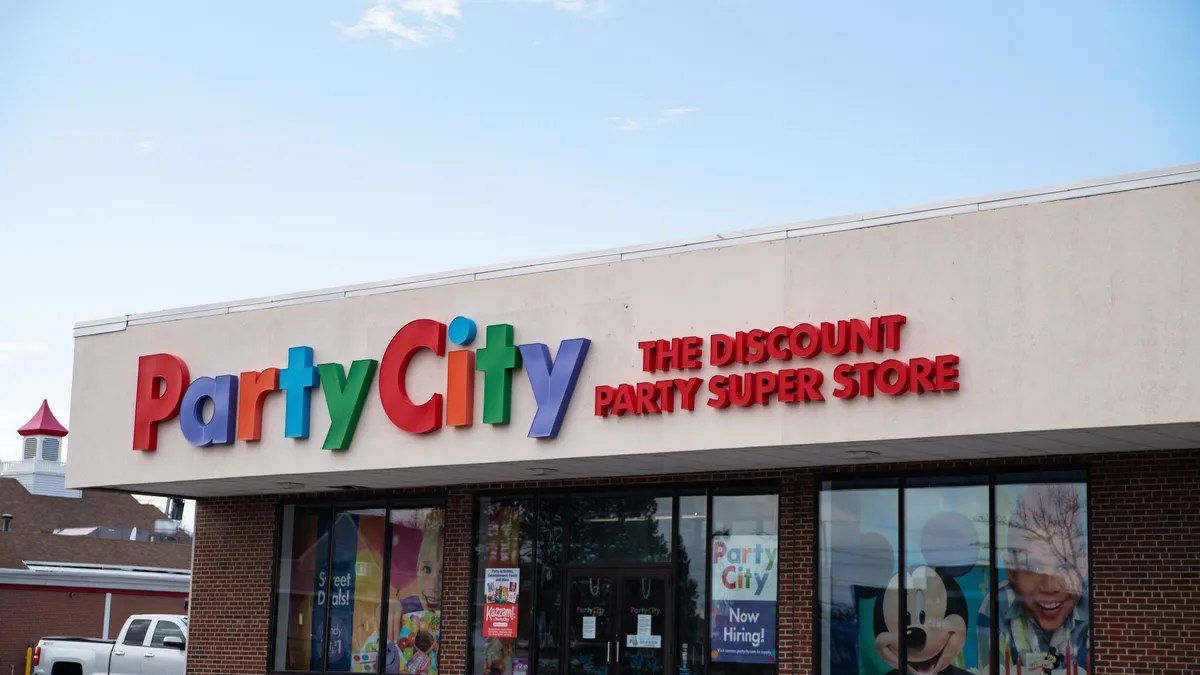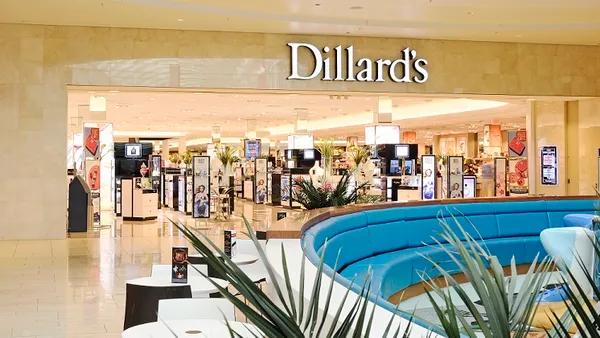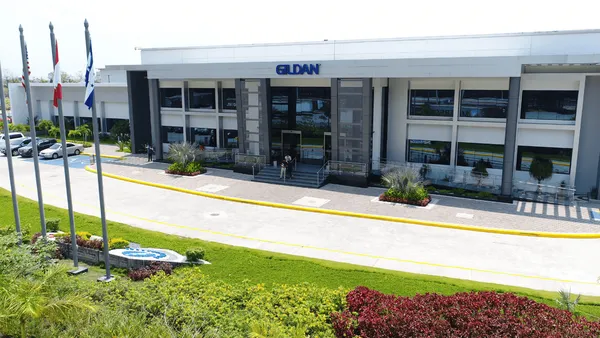Dive Brief:
- As Party City's stores closed and social events around the country were cancelled, net sales at the party supplier retailer fell 19.3% to $412.5 million in the first quarter of this year, which ended March 31.
- In the weeks following the store closures, Party City "rapidly expanded" its curbside delivery services, which helped drive a 500% expansion in its BOPIS (buy online, pick up in-store) channel in May, CEO Brad Weston said on a conference call.
- The retailer said in the release that it plans to close 21 stores in 2020, while opening two new locations this year and another 10 in 2021. The company plans to invest around one-third of its capital expenditures for the year, which would total up to $40 million, in its retail segment.
Dive Insight:
Until mid-March, when the entire retail world including Party City was upended, the retailer had seen "sequential topline trend improvement" during Q1, Weston said in the release. The COVID-19 pandemic not only forced the retailer's stores to temporarily close, as well as third-party stores that sell Party City's wholesale products, but social distancing efforts also forced an end to many of the events that call for party supplies.
In that environment, net loss expanded nearly 18 times over, to $541.5 million, in Q1 in part due to sales declines, helium costs and product mix. Because of falling demand for Party City's products, the company recorded an impairment charge of $253.1 million against its retail business and another $148.3 million on its wholesale business in Q1.
Analysts with Telsey Advisory Group said in a client note earlier this week that they expected soft demand to hurt the retailer's sales and for weakness to continue into the year. While Party City's performance would likely improve in the second half of 2020, the Telsey analysts said they anticipate sales to remain below 2019 levels due to "what is likely to be a subdued Halloween holiday (three days before the US Presidential election), lack of exciting IP, and prolonged social distancing measures."
Weston said his company "quickly pivoted" to meet customers' "evolving needs," offering party-in-a-box products and drive-by birthday packages and rushing to roll out curbside pick-up. Half of the massive expansion of sales through BOPIS and curbside was driven by balloon sales, a key piece of Party City's go-forward strategy.
Beginning in May, the retailer started re-opening its stores, and by Friday about 85% of its footprint had reopened. As it reopened stores, sales volume was at about 80% of previous levels, Weston said on the call. At those stores, as with retailers across the board, employees are rolling out new safety protocols, including restrictions on customer traffic and routine disinfecting.
The turmoil brought by COVID-19 came as Party City was already trying to regain its footing. A combination retail-wholesale business and integrated manufacturing had insulated it from much of the declines other retailers experienced in the preceding years of the "retail apocalypse."
But last year's Q4 brought an abysmal showing by the retailer's Halloween City unit and a 12.4% sales decline overall. Going into a Halloween potentially to be defined by social distancing measures, Weston said he expects the kids' costume business "to continue," as the retailer plans to refocus its Halloween efforts on accessories and growing do-it-yourself trends.
In late March, S&P Global issued a junk-level CCC+ rating for Party City, citing the likely "significant headwinds related to the expanding coronavirus pandemic and the weaker economic outlook." Since then, the retailer has sought relief for its balance sheet through a deal with current debtholders that would lift $450 million from its balance sheet, a boost to a retailer that is still struggling under debt leftover from multiple private equity buyouts.














